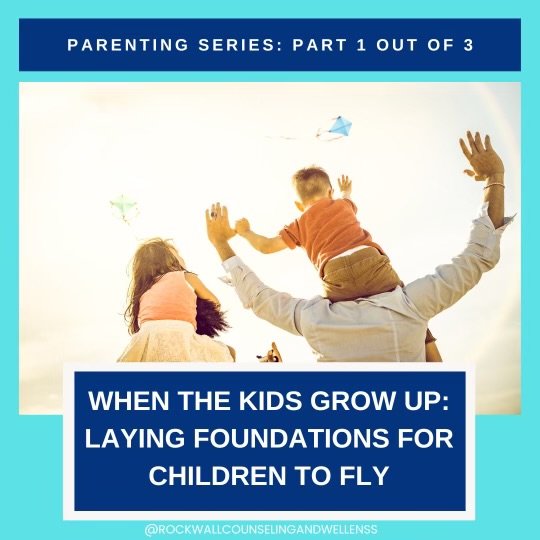Broken relationships. This phrase is one none of us want to hear, but one of the relationships we least want to see broken is the relationship we have with our children. As we have delved into understanding the dynamics of relationships between adult children and their parents, we’ve addressed how to lay a foundation that avoids serious rifts in the future as well as what happens when a child’s decisions cause them to go wayward. The final aspect of this series looks at rebuilding a broken relationship with your adult child. And although the obvious goal is to avoid this separation altogether, realistically, when two humans interact with one another, neither is perfect; hurt can occur, regardless of how the two people are connected to each other. This means that parents and children can and will have conflict, too.
But this doesn’t mean that hope is at all lost if you and your child have a strained relationship. Just as with a marriage or friendship that encounters difficulty, you can work with your child to rebuild trust, honesty, and communication when you have a broken relationship with them. It will take work on both of your parts, and it may require professional help. But with commitment to a positive outcome and clear communication, you can work to rebuild your relationship with a wayward child.
Start conflict resolution from a healthy place. One of the first steps you should take is determining if all parties are capable of moving forward toward a better relationship than what you’ve had in the past. If you have had serious conflict with your child because of life choices he or she has made, you may not be willing to engage in rebuilding a relationship with them until they’ve corrected the errors they’ve made or gotten set on a better path. For example, if your child broke your trust by abusing drugs or alcohol, you may need to make sure they’re working on their own sobriety before attempting to rebuild. The reverse is also true. If you have mistakes you should account for, such as infidelity with your child’s other parent, or anger issues of your own you need to be willing to take responsibility for the hurt this may have caused your child.
Set yourself up for success in communication. One of the ways you may have fallen out with your adult child is refusal to communicate for one reason or another. It could be that your adult child disagrees with you about the way they have chosen to parent and in setting a boundary communicates with you less and less, or you could have told a wayward adult child that you won’t engage in communication with them while they are still in active rebellion. Whatever the reason for lack of communication, if you’re working on rebuilding trust, open communication is vital. Talk with your adult child about when and how you both want to communicate with one another. Is text messaging better because it can be reciprocated easily? Or are face to face conversations easier because tone doesn’t have to be inferred? Do other people, such as their partner or spouse, need to be included in the communication? Be respectful of one another’s time, and remember that it’s okay to start small and work your way to bigger, heavier topics if you have been out of touch for a longer period of time.
Remember that respect and boundaries should be exhibited by both you and your child. Boundaries and respect are crucial parts of any healthy relationship. If you are working to rebuild a broken relationship with your adult child, ask them up front what boundaries they feel are important and be sure to communicate which boundaries are important to you. By discussing these things initially, it is easier to hold a boundary if it is violated. For example, if you cannot be a part of your adult child’s risky or dangerous choices, let them know this from the start, so it doesn’t feel as much like an ambush to them if the boundary has to be held. Additionally, this concept goes both ways. Be willing to listen to the boundaries your adult child sets and respect the ways they are protecting their own mental and emotional well-being.
Willingness to accept responsibility for mistakes can go a long way in repairing a broken relationship. If you and your adult child have come to a point at which you’re both ready to reconnect, they may have done work themselves in understanding unhealthy patterns in relationships as well as the formative experiences that molded their world view. As much as you may want your adult child to take accountability for his or her actions, if they come to you with openness and honesty about a hurt you inflicted upon them, it is important to hear them, acknowledge your own wrongdoing, and ask for forgiveness. We cannot expect our adult children to apologize for their mistakes if we are unwilling to do so.
Bringing in a neutral, highly-trained, third party can be beneficial for everyone. Family counseling is not just for families with young children. Broken relationships with adult children can benefit greatly from working with a licensed counselor. This professional can help you understand your adult child’s needs and create a new relationship for you in this new phase of life.
Having adult children is a unique path to navigate. It can be difficult to deal with conflict and wayward behavior in adult children because, unlike our young children, they have the freedom to do as they please and remove themselves from our homes. As much as we want to continue to have our children in our lives as they grow into adulthood, it’s not required, and it can be difficult if there has been a strained relationship. If you are seeking help to work on rebuilding a relationship with your adult child or you are looking to avoid current family difficulties becoming worse, click the link below to connect with a counselor from Rockwall Counseling and Wellness today.
Written by Emily Taylor, Contributing Writer




